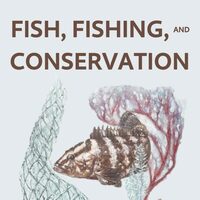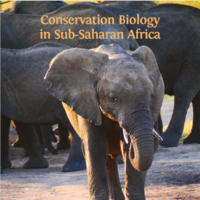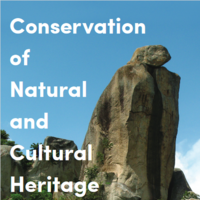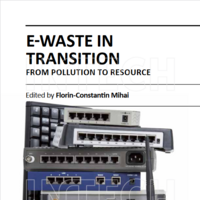Search
Books+
Searching 1,730 books
Search related to the career Conservation Scientist
Benefits of Being a Conservation Scientist:
1. Contributing to Environmental Preservation: Conservation scientists play a crucial role in protecting and preserving natural resources, ecosystems, and wildlife. Their work directly contributes to the sustainability and well-being of the planet.
2. Opportunity to Make a Positive Impact: Conservation scientists have the opportunity to make a significant positive impact on the environment and future generations. Their research and conservation efforts can help mitigate the effects of climate change, protect endangered species, and restore ecosystems.
3. Working in Diverse Environments: Conservation scientists often work in diverse and unique environments, such as forests, wetlands, deserts, or marine habitats. This allows them to experience and appreciate the beauty of nature firsthand.
4. Engaging Fieldwork: Conservation scientists frequently engage in fieldwork, conducting research, collecting data, and monitoring ecosystems. This hands-on experience allows them to connect with nature and gain a deeper understanding of ecological processes.
5. Collaboration and Networking: Conservation scientists often collaborate with other professionals, including biologists, ecologists, policymakers, and local communities. This collaboration provides opportunities for networking, knowledge sharing, and collective problem-solving.
6. Continuous Learning and Research: Conservation science is a dynamic field that requires staying up-to-date with the latest research, technologies, and conservation strategies. This constant learning ensures personal and professional growth.
7. Advocacy and Education: Conservation scientists have the opportunity to advocate for environmental protection and educate the public about the importance of conservation. They can raise awareness, influence policies, and inspire others to take action for a sustainable future.
8. Job Satisfaction: Working as a conservation scientist can be highly fulfilling, as it aligns with personal values and contributes to the greater good. The knowledge that one is actively working towards preserving the environment can bring a sense of purpose and satisfaction.
9. International Opportunities: Conservation scientists may have the chance to work on international projects, collaborate with organizations worldwide, or participate in global conservation initiatives. This provides exposure to different cultures, ecosystems, and conservation challenges.
10. Contribution to Scientific Knowledge: Conservation scientists contribute to the scientific community by conducting research, publishing findings, and expanding our understanding of ecological systems. Their work helps build a knowledge base that can guide future conservation efforts.
Overall, being a conservation scientist offers the opportunity to combine passion for the environment with meaningful work that has a lasting impact on the planet.
Source: Various AI tools


















